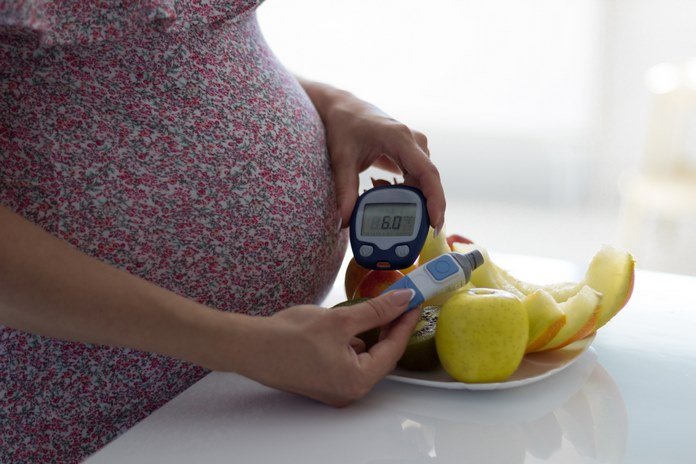Treatment (Diet, Lifestyle, Exercises, Medications)

Food
For a balanced diet you require a number of nutritious foods. Reading the labels of food might provide you help in making healthy choices, if you ever shop. If you are on a special diet or a vegetarian, talk to your healthcare giver to make sure that you are having a balanced diet. In general, you must eat:
- Moderate amount of healthy fats and lean proteins
- Plenty of whole vegetables and fruits
- Less sugary foods
- Limit artificial or preservative foods
Drink
Cross off sweet tea, juice or soda and any drink that consists of sugars from your gestational diabetes meal plan. Avoid foods that are rich in carbohydrate content. Sweet drinks are one of the fastest ways to increase your blood sugar. That is why these must be eliminated from your diet. Water is a good choice and you also require extra intake of water while pregnant.
Vegetables
Vegetables that are good in gestational diabetes are:
- Spinach
- Kale
- Zucchini
- Cauliflower
- Broccoli
Lifestyle
Your lifestyle changes aid in preventing gestational diabetes. The lifestyle is how you move and how you eat. It is an essential part of making your blood glucose level in a moderate range. Doctors do not recommend losing weight while pregnant. Your body is functioning hard to maintain the growth of your baby. But your healthcare provider might aid you in setting the goals of weight gain on the basis of your weight prior to pregnancy.
Physical activity for almost 2.5 hours each week might be helpful in lowering blood glucose. It might also aid the body to utilize it in a better way. Women having GDM who utilize insulin might also not require as much. A dietitian might help some women having gestational diabetes mellitus (GDM) keep their sugar levels in normal range. A diet can:
- Eating foods that are low in fat and salt
- Not skipping any meal
Exercise
Regular walk or physical activity plays an essential role in every wellness of women during, before or after pregnancy. Exercise reduces the blood glucose and as a plus point, regular workout might be helpful in lowering some common discomfort of pregnancy consisting, swelling, trouble sleeping, muscle cramps, back pain and constipation. Aerobic exercise will be quite beneficial to blood glucose levels. This kind of exercise consists of stationary cycling, walking, swimming, low-impact aerobics, aqua-exercises and other exercises that use large muscle groups for a long time. Daily exercise for almost 15 to 60 minutes is suggested.
Less frequent exercise (3-4 days per week) might also be beneficial in controlling blood sugar and raises the fitness levels but blood glucose might be tough to control in rest time. Aim for almost 30 minutes of normal exercises on 5 days of each week. If you are not active for a while, then start slowly and form up gradually.
